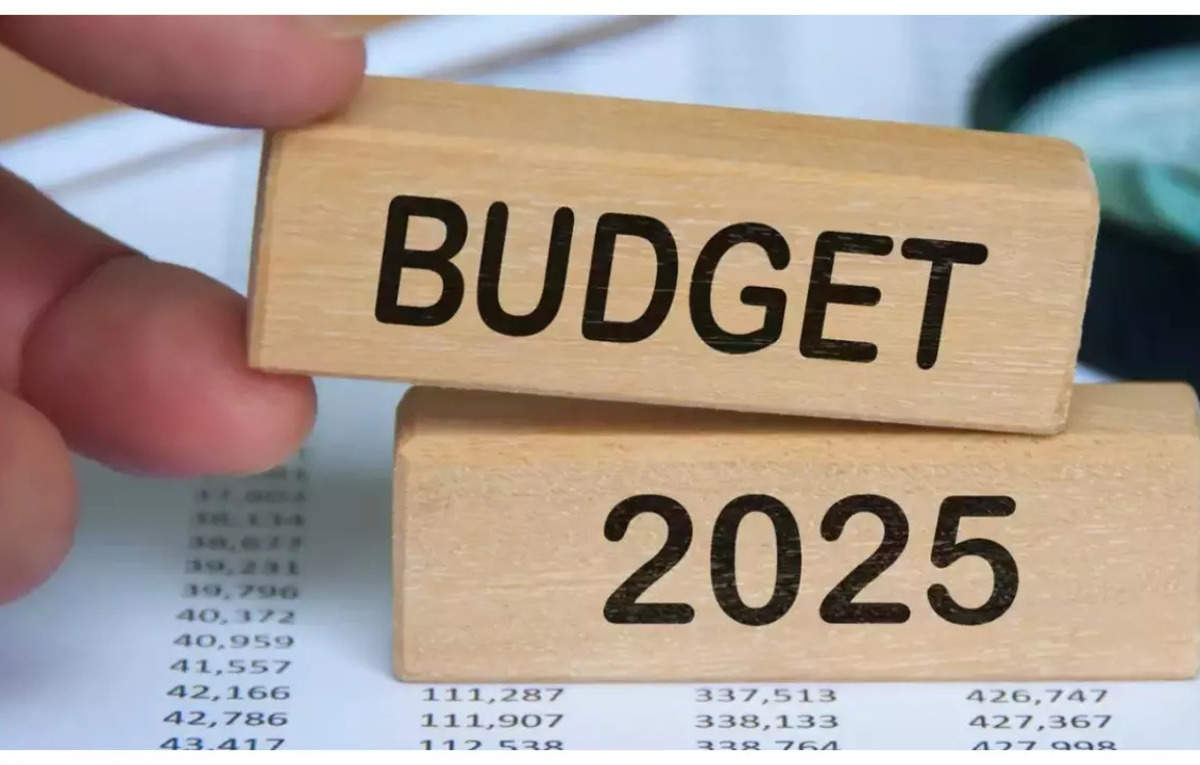Empowering India's Renewable Energy Future through Budgetary Actions
Key Ideas
- India has shown significant growth in renewable energy capacity, recording over 214 GW by December 2024, with plans to achieve 500 GW of non-fossil fuel energy by 2030.
- Challenges like dependence on imports for renewable energy components and intermittent nature of solar and wind power can be addressed through strategic budget allocations.
- The focus on strengthening domestic manufacturing, scaling up investments in green hydrogen, and promoting energy storage systems like BESS can accelerate India's transition towards a low-carbon economy.
- The upcoming Union Budget of 2025 plays a crucial role in sustaining the momentum of renewable energy deployment and fostering long-term economic growth through job creation and innovation.
India has made remarkable progress in its renewable energy journey, with an installed capacity of over 214 GW by December 2024 and ambitious targets for the future. Despite this growth, challenges such as dependence on imports for critical components like polysilicon and solar cells persist. The upcoming Union Budget of 2025 needs to address these challenges by prioritizing domestic manufacturing to enhance energy security and drive economic growth through job creation and innovation.
The article highlights the importance of scaling up investments in green hydrogen to decarbonize key sectors and position India as a global exporter of green hydrogen derivatives. Emphasizing the need for infrastructure development and creating a demand side market, the budget should incentivize local manufacturing of electrolyzers and invest in R&D to improve efficiency.
Furthermore, the integration of the Carbon Credit Trading Scheme (CCTS) is set to incentivize green hydrogen technologies, accelerating India's transition to a low-carbon economy. Addressing grid stability concerns, the budget should allocate resources for Battery Energy Storage Systems (BESS) to store surplus energy, ensuring reliable power supply and efficient integration of renewable energy into the grid.
In conclusion, the Union Budget of 2025 plays a vital role in sustaining India's renewable energy momentum, fostering economic growth, and advancing the country's energy transition towards a sustainable and low-carbon future.
Topics
Electrolyzer
Green Hydrogen
Renewable Energy
Energy Transition
Economic Growth
Grid Stability
Domestic Manufacturing
Union Budget
BESS
Latest News
